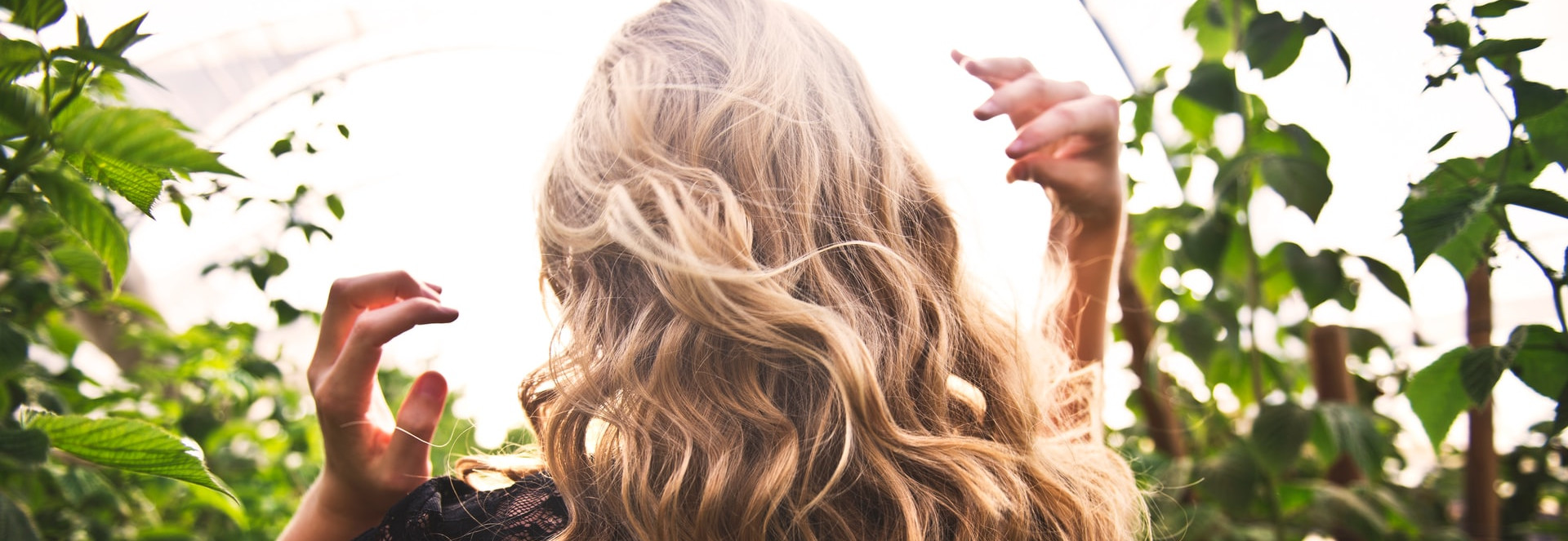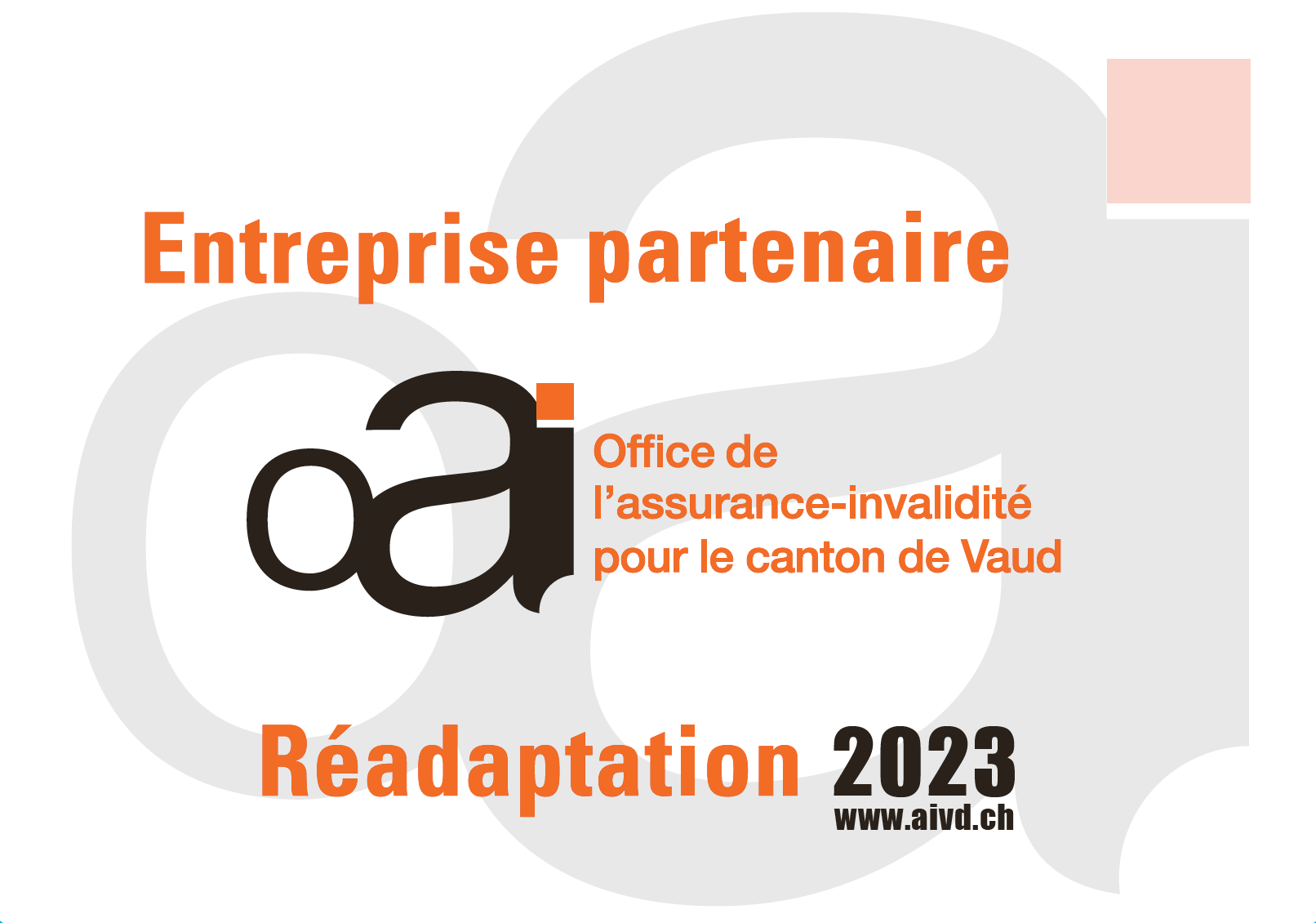Do you know what disappointment feels like? There are of course many ways to experience it. On a global level it could be mixed with anger or grief, but I am talking about a smaller scale daily emotion of disappointment. When someone gives you a pitying look and you timidly want to leave the proximity of this person and when your expectations have been met with a reality that does not match your excitement. I will explain where I felt it most recently.
When the pandemic first hit in 2020 and most of the world had accepted extensive use of masks I was slightly horrified by the amount of waste they produce. The image of a mountain of garbage in our oceans followed me around every time I went outside. As a responsible adult, I thought of what changes can I make to provide a bit of relief to the environment and reduce my own carbon footprint? As I looked around my own house, I noticed that my bathroom has quite a grand collection of plastic. The most-used material for shampoo bottles is HDPE (High density polyethylene) which is recyclable, but my closest recycling station only has a PET (Polyethylene terephthalate) bin making it harder for me to recycle. So I thought, there must be a better way to care for my hair while caring for the Earth at the same time, so I decided to switch to solid shampoo and conditioner.
Initially I was very happy with my choice. I got a few bars from local bio shops and a few more from well-known brands. Unfortunately, the solid hair care market is relatively new, so the options are limited compared to the thousands of traditional products. There are multiple benefits that I didn’t even realise, such as I didn’t have to worry when taking it on my travels as it didn’t take up so much space. Also, it seemed my hair reacted well to it as I now had more days in between the washes. It also built some new habits, such as buying some products in a refill system since I became a regular at a ‘green’ shop.
The problem arose towards the end of COVID measures. When it got safer to go to public places and see other people. To pick up my social appearance I found a hair stylist from a higher-end salon who works with my type of Asian hair regularly. This measure was necessary since the treatment I wanted is not very well known in Europe. I was born with naturally straight hair so to give it volume I spend hours styling it. The hair structure is very different to European hair so instead of getting them permed, I wanted to try a Korean perm which would create a soft big curve instead of a twingling shape. I booked an appointment 2 weeks in advance and travelled 2 hours to get to Aarau from Geneva. Upon arriving the hairstylist gave me a critical look but didn’t comment on the state of my hair. She then went on with the preparations of setting up the machine, giving me all kind of gowns and finished preparing by taking a ‘before’ picture. She worked on my hair for 6 hours all the while asking me all types of questions like if I spend a lot of time in the sun, how do I dry my hair and finally what shampoo am I using? By the time that question rolled in I felt too self-conscious to reveal that I use locally made hair soap, but she didn’t even wait for an answer “Your hair is too dry, it doesn’t retain moisture. You must change your products.” We then spoke about how to treat it: shampoo, conditioner, hair masks and oils. She asked me to send her a photo of the ingredients next time I go to buy my products so she can advise on whether it will suit me. After everything was done and I was putting on my coat something dawned on me – she never took an ‘after’ picture.
I was very disappointed that my efforts to save the planet resulted in dull hair and pitiful looks from hairdressers. The result of a 6-hour expensive procedure didn’t even deserve an Instagram story. As I was travelling back home, I contemplated whether I had really helped anything or was I trying to solve an environmental crisis with some nonsensical actions? In the end, I think my heart was in the right place: if there is a demand for more sustainable solutions then producers will adapt. These questions can and should be discussed on a greater scale. None of the big problems have easy solutions and people should be prepared to make greater sacrifices as no goal will be attained by small convenient solutions. A commitment, be it a shampoo change or a savings plan, should not be short-term. Nowadays I think about it often on my way to recycle the HDPE bottles and when checking my sustainable investments.







